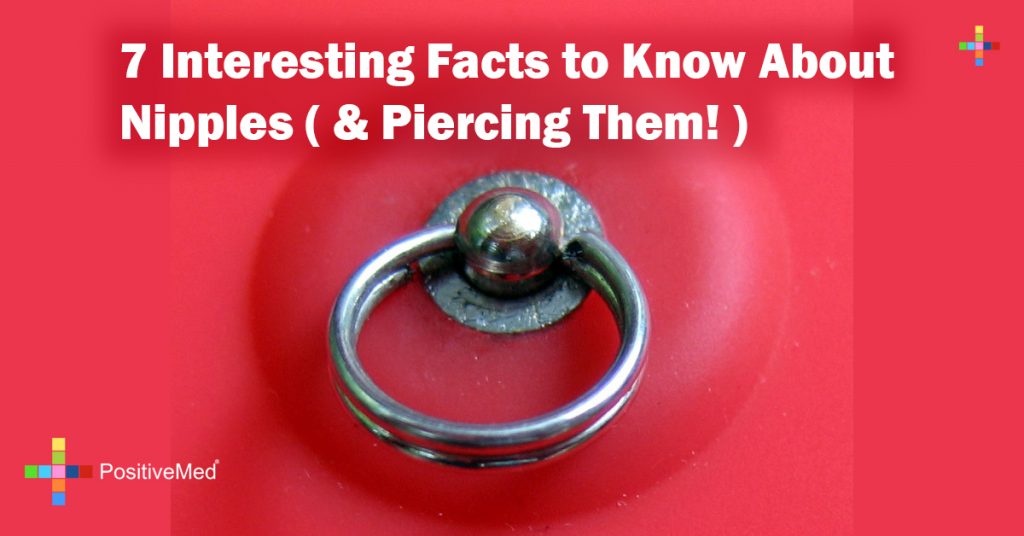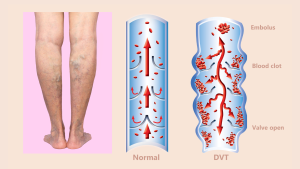
Breasts are something every human has. Have you ever thought about, or paid attention to, your nipples? Here are some unique facts about nipples that usually stay hidden by your clothing:
1. Appearance
It is a fact that no two nipples look alike which means that your nipples may not look exactly like each other. The outer circle is called the areola and is colored pink, tan, dark pink, or brown. The pigment of nipples is darker than the surrounding area so that babies can easily identify them. Size is usually genetic.
2. Third Nipple
Per statistics, 1 in 18 people is born with three nipples. It usually will not lactate but is just benign extra tissue. Sometimes it runs in families but doctors believe its is a random occurrence.
3. Erection
The areola can become darker with physical excitement from blood going to the area. In some cultures women paint their nipples darker to increase passion in their partners. An erect nipple does not always signify $e*u@l readiness, cold air can cause it, as can tension and uncomfortable clothing.
4. Size does not matter when it comes to milk
The size of the breast does not matter for purposes of breast feeding. Per Debbi Donovan, certified lactation consultant, larger breasts have more fatty tissue, but this does not affect milk production.
5. Nipple types
There are 4 types of nipples: Average nipples stick out a few millimeters from the areola and come out more when aroused. Flat nipples protrude only from temperature changes or when stimulated. Puffy nipples have a raised areola, and the last type is inverted nipples, which are turned inward.
6. Don’t wash your nipples with soap while breastfeeding
Nipples secrete naturally lubricating, bacteria-fighting oils. Of course, hygiene is important as moist breasts are more prone to bacteria. Simple water and air drying is enough to keep them clean and healthy.
7. Massage
Here is a natural way to heal cracked and sore nipples from breastfeeding, massage your nipples with some extracted breast milk. Let it air dry then wash it off. Breast milk works as a natural healer.
Some facts about nipple piercing:
1. Healing period
The healing duration varies from men to women. Per Elayne Angel, author of “The Piercing Bible,” for men the minimum healing period is 3 months, for women its 6. It can take one year or longer depending on overall health.
2. Location
You should never get the areola of your nipple pierced as the piercing is too deep which can cause infection or mastitis in your areola. Usually nipples are pierced at the bottom, where the areola meets the nipple.
3. Myth about piercing
Some people believe that breastfeeding is not possible once your nipples are pierced, which is not true. Per the Association of Professional Piercers, piercing nipples does not affect the ability of a woman to nurse. The only thing that can be risky is choking on the jewelry. You can remove it while feeding your child to eliminate the risk.
4. Time
Plan to spend at least one hour at the shop when you go in for nipple piercing. Some paperwork and an anatomy consultation session occurs with the piercer before the process of piercing begins. The piercer explains how to take care of your nipple. The piercing can make you feel dizzy or nauseous and you should not leave until you are feeling better. Taking a friend along is a good idea.
5. Inverted nipples can also be pierced
This will change the structure of your nipples making them look like an outward nipple. The size of your nipple will also slightly enhance as the piercing heals. Once healing is complete they will revert to their soft and supple texture.





